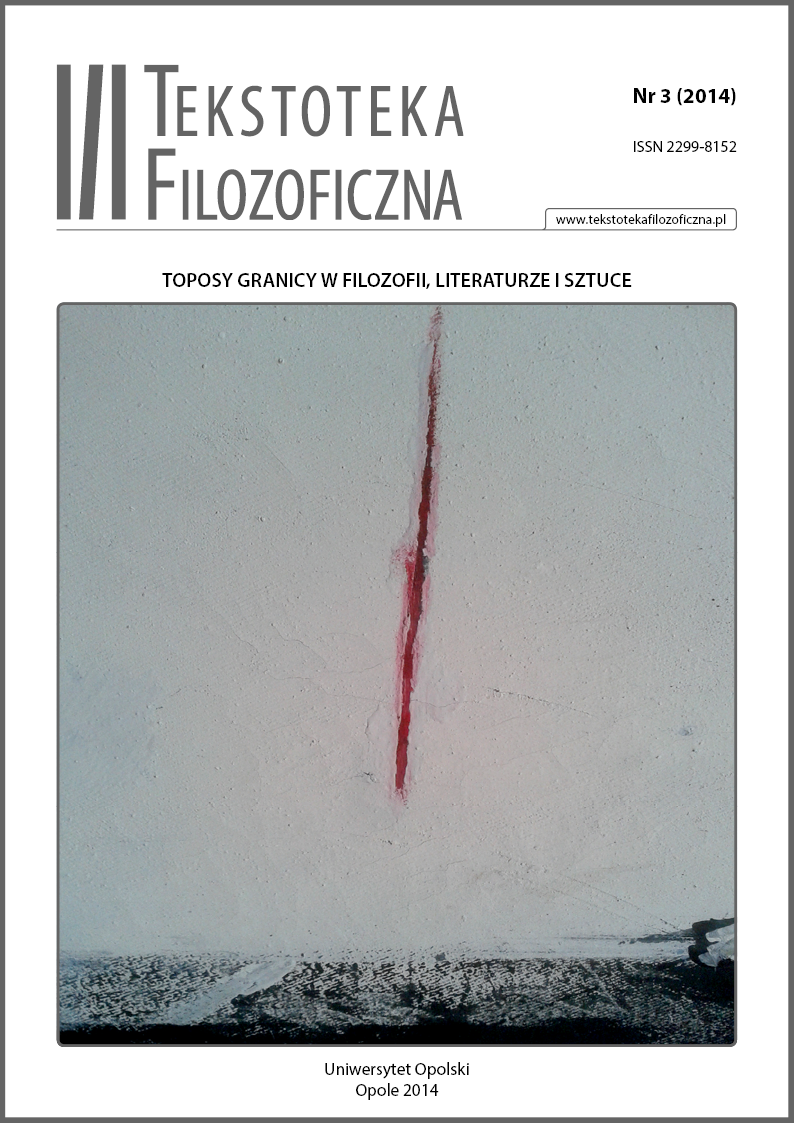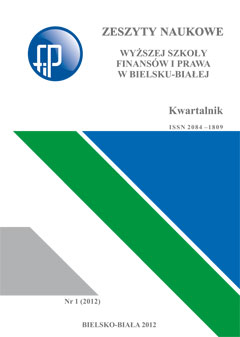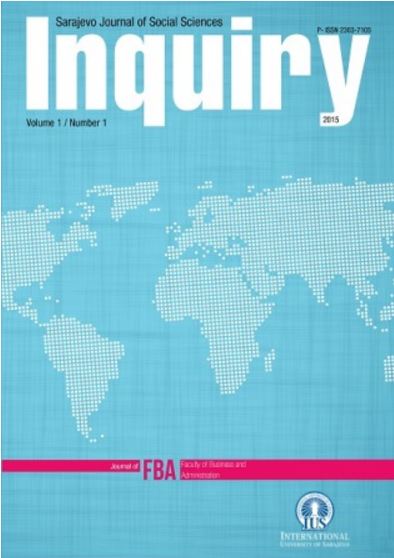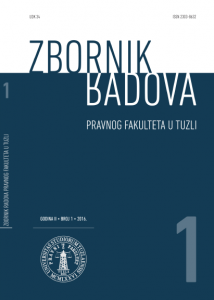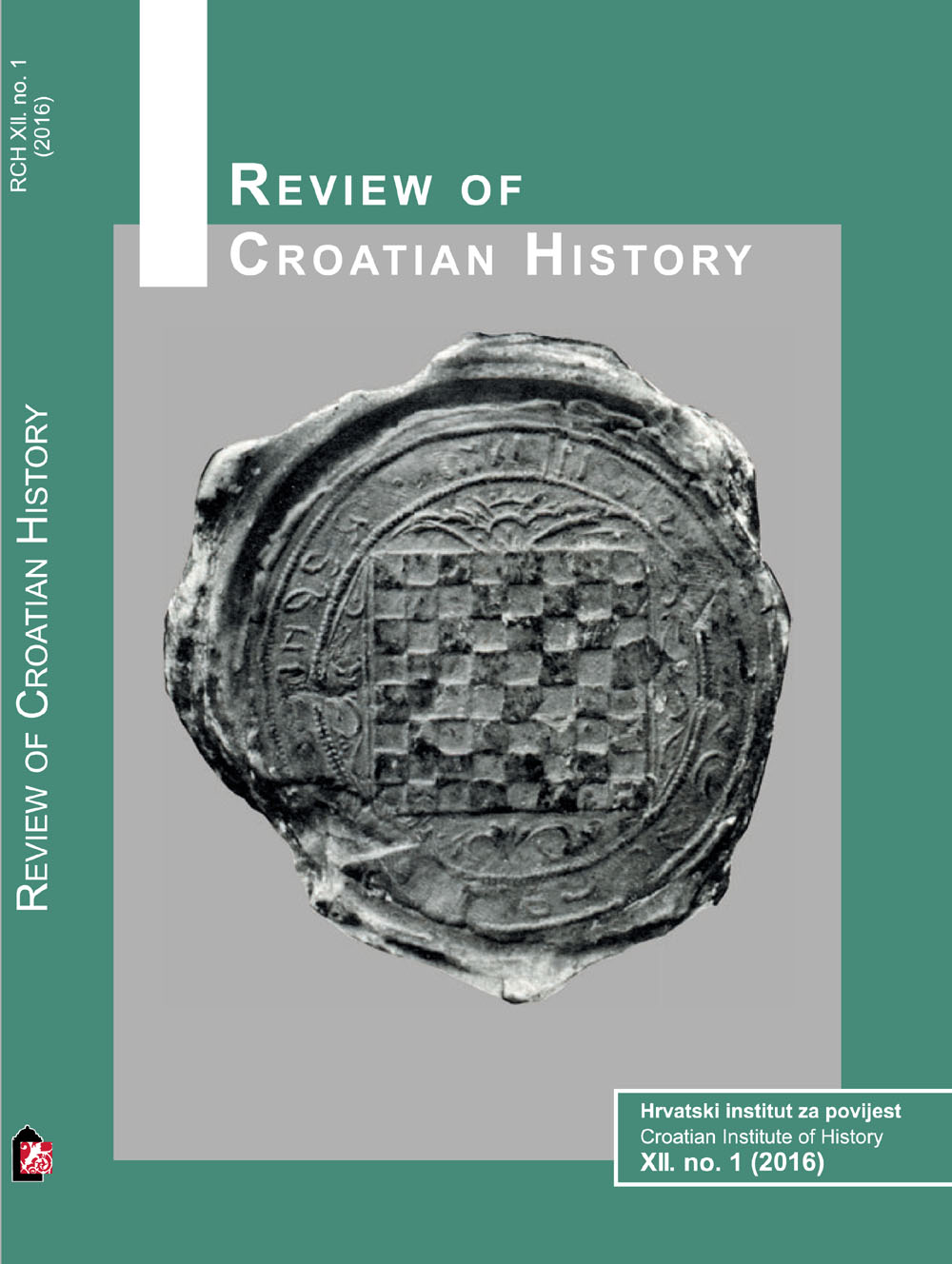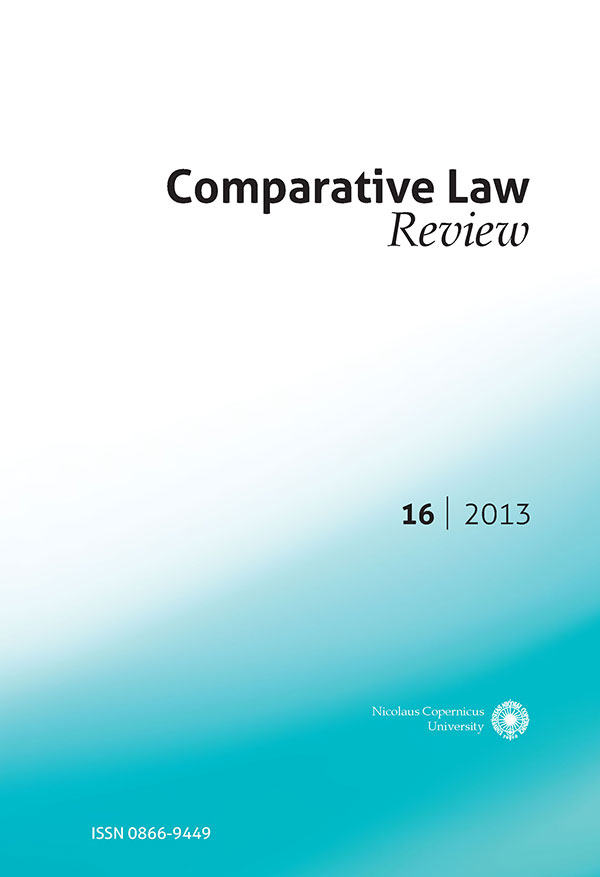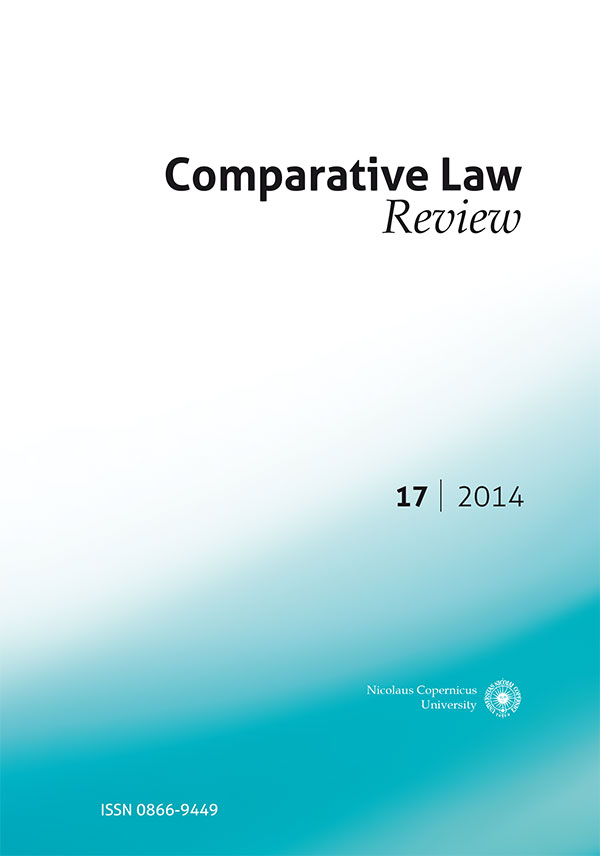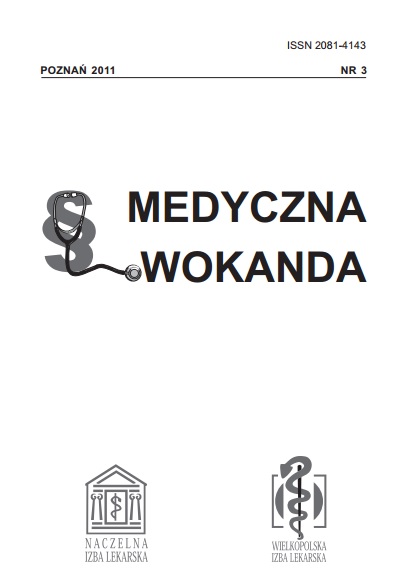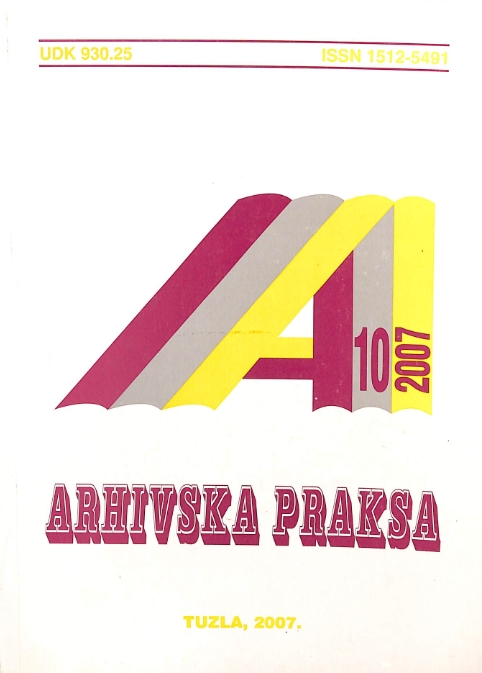Author(s): Selma Novalija Islambegović,Ankica Čanić / Language(s): Bosnian
Issue: 1/2016
In the last few decades, significant changes have occurred in the banking sector regarding technology and competition, as well as the constant adapting of accounting and audit regulations and procedures to the newly imposed requirements. The development of technology and the occurrence of financial derivatives have caused the occurrence of new forms of risk and a significant exposure to a number of existing forms of risk which the banks face in their operations. Audit has not been present in Bosnia and Herzegovina until recently. As opposed to the developed market economies, where audit has occupied its rightful place for a long period of time, in Bosnia and Herzegovina it first appeared at the end of the last century, but its use has been intensified during the last decade. In 1995 the first Law on Audit was adopted and it preceded the introduction of the internal control systems in business entities. After the adoption of the law, the legislative framework for this area has been intensively created. Forms of control over the banks’ business operations are determined by the legislation of the countries in which they operate. Depending on the implementing authority, it is possible to distinguish two forms of supervision of the banks’ operations, internal and external. The process of internal supervision in banks consists of internal controls as well as the internal audit, which examines and assesses the adequacy and the effectiveness of internal controls. Internal controls are incorporated in each segment of the banking business, more precisely, in each executed banking transaction, in each area of operation and they are a necessary prerequisite for the safety of the conduct of the business process. They are implemented by the employees of the bank in order to secure the business operations, in accordance with the relevant legislation, as well as to perform more efficient business operations and to achieve planned results. When applied at the level of the entire organization, internal controls constitute a bank’s internal control system. Once established, the internal controls are implemented continuously and, in accordance with the changes within the bank and in its environment, they must be regularly updated and amended, especially regarding the introduction of the new banking products and activities, hiring new employees in the bank, changes in information technology, establishing new organizational units within the bank etc.The minimum standards of internal control systems in banks are regulated by the relevant provisions of the legislation regarding the banking business. Their use has a positive impact on business and development of the banking organization. Each bank must comply with those standards when establishing and implementing internal control activities, however, their role and importance are often not properly perceived or valuated in the business process of the bank.
More...
